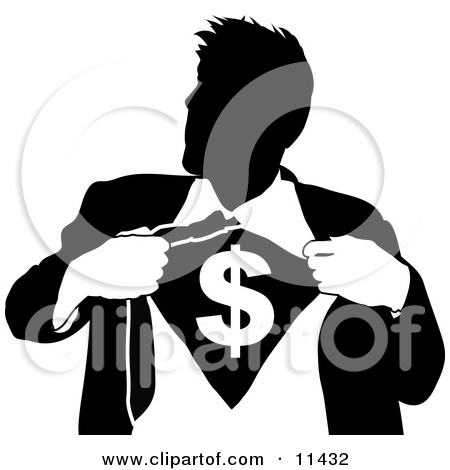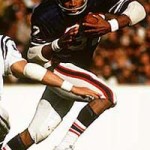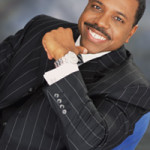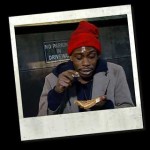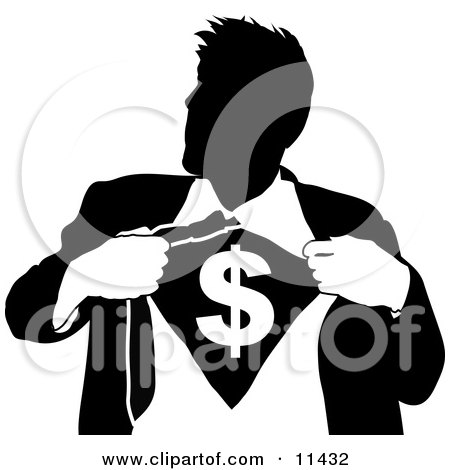
I just found something I wrote in 1994 about my profession as a trader. I don’t even remember writing it, but can tell that it is mine.
Wow, I used to be way smarter back then. Writing mostly about teen soaps will do that to you I guess.
The biggest impediment I faced to understanding the world’s financial markets was my ill acquired perception of their logic and legitimacy. If I had to choose the one thing every American public school seems intent on passing on, I would have to pick the notion of the nobility of the American democracy, and to me the NYSE and its subsidiary exchanges seemed little different than say the U.S. Treasury. The notion that it was a private business escaped me and most of the people with whom I grew up. Then again, it being the middle part of the 1970’s, I felt pretty much the same way about AT&T.
Free samples and Willy Wonka fantasies aside, when we took a field trip to Smucker’s Jelly or Lay’s Potato Chips, I’m pretty sure that I realized the nature of the entity with which I was dealing. Anyplace that had a ticker tape, however seemed coldly sacrosanct and official, as if the prevention of another great depression hinged on the acute awareness of every strategic decision.
The great thing about American institutions seemed to be that they were all victims of the worst kind of greed, corruption, and stupidity until the Government came in and cleaned things up. This to me was supposedly the lesson of 1929. It’s always seemed to me that the true function of American history is to reveal the sins of the past for the sake of the sanctification of the present.
We used to be a racist country, but we freed our slaves and recognize the equality and nobility of the African American as espoused by the great leader Martin Luther King. Sure Joseph Kennedy was a Nazi sympathizer, who enriched himself by means of fraud and outright financial thievery, but this just doesn’t go on anymore, and if you have any doubts you can write to any of his congressional descendants. J.P. Morgan, John D. Rockefeller, Henry Ford, heroes of the industrial age, until about 10th grade when the shadiness of their dynasties added a colorful human side to their less then compassionate cryptic legacies. Certain figures like Morgan and William Randolph Hearst seemed to have become cult heroes by the sheer audacity of their disregard for fair play. Before the crash of ’29 a stock seems to have been worth about whatever J.P. Morgan wanted it to be worth, but that was in our infancy.
This very technique of social history is in and of itself a remarkable accomplishment, in which a people take the credit for the wisdom of their ancestors, while divesting itself from the foolishness of their sins. And if time happens to redefine our notion of right or wrong, we can revise the past to fit our needs.
It’s foolish to think that an industry whose sole input and product is money could be anything but the equivalent of an undermanned prison staff attempting to quell a riot, but it had always been represented that those screaming people on the trading floor, amphetamine addled though they may be, were the purest symbol of American competition and fair play. I’m not trying to pass on the blame for my naiveté, but merely attempting to somehow explain its nature and origin.

